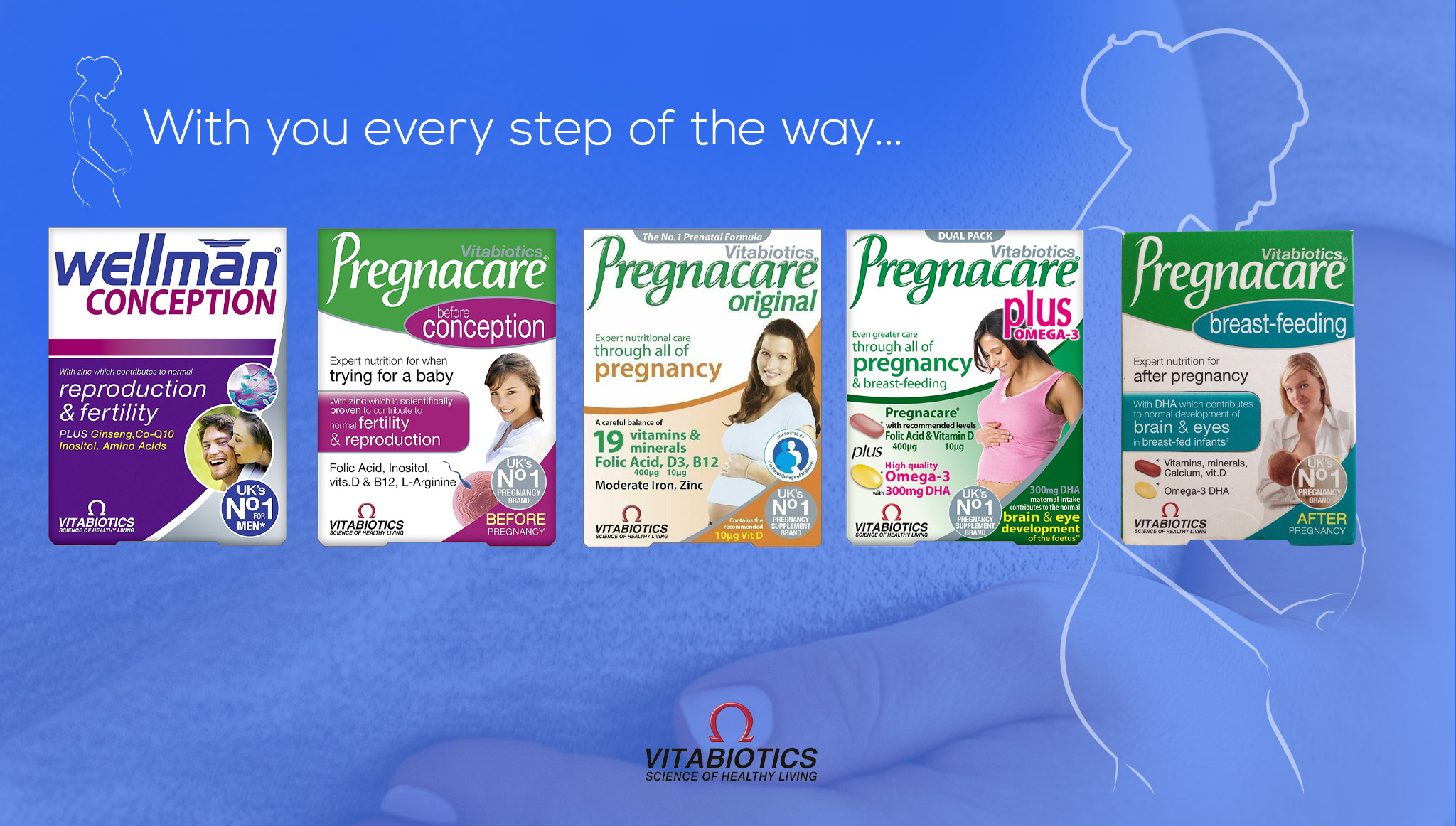Requirement per day Role in pregnancy Concerns Rich sources Folic Acid 400mcg supplement plus 300mcg from food per day 75% of women fail to eat enough in their diet and over half do not take a folic acid supplement prior to confirmation of pregnancy. Contributes to maternal tissue growth during pregnancy. Supplemental folic acid intake increases maternal folate status. Low maternal folate status is a risk factor in the development of neural tube defects in the developing fetus.
Women should take a 400mcg folic acid supplement from the time contraception stops and until at least the twelfth week of pregnancy and choose foods rich in folates. GPs may prescribe a higher dosage of folic acid to women with diabetes, a BMI over 30, taking Epilepsy medication, with coeliac disease or with a previous instance of neural tube defects.
Black eye beans, Brussels sprouts, beef or yeast extract, kidney, kale, spinach, spring greens, granary bread, broccoli, and green beans. Also added to some soft grain bread and breakfast cereals.

Vitamin D
10mcg per day Up to 100% of women fail to consume sufficient amounts from their diets. Contributes to normal absorption/utilization of calcium. The main source is sunlight. Also, found in oily fish, eggs, and full-fat dairy products. Also added to margarine, some yogurts, and breakfast cereals. Iron 14.8mg per day 8 out of 10 women eat too little.
Iron.
Two in 5 women enter pregnancy with an iron deficiency. Contributes to normal formation of red blood cells and hemoglobin. Hemoglobin transports oxygen in red blood cells. Anemia (not enough hemoglobin) is common during pregnancy, affecting both the mother’s and baby’s wellbeing. All meat, especially red meat, fortified breakfast cereals, and white bread, beans, chickpeas, baked beans, eggs, dried fruit, nuts, and seeds.
Calcium
700mg per day 50% of women do not eat or drink enough. Needed for the maintenance of normal bone and teeth. Most of a baby’s calcium is laid down in bones during the third trimester. Milk, cheese, yogurt, fortified soya milk and soya products, canned fish e.g. pilchards and sardines. Calcium is also added to white bread, beans, and baked beans, almonds, and hard tap water.
Iodine
200mcg per day Two-thirds of women have a mild deficiency during pregnancy. Contributes to the normal production of thyroid hormones and normal thyroid function, as well as contributing to the normal growth of children. During pregnancy, your iodine requirement increases from 150mcg to 200mcg per day. This is providing that thyroid status and iodine stores are adequate before pregnancy. Fish, shellfish, eggs, and dairy products such as cheese and milk.
For many women intakes of magnesium, zinc, copper, and potassium are also below ideal levels. As a result, many women are at risk of not meeting the increased vitamin and mineral requirements during pregnancy.

Source: Idah Muthama
Harley’s Digital Marketing

